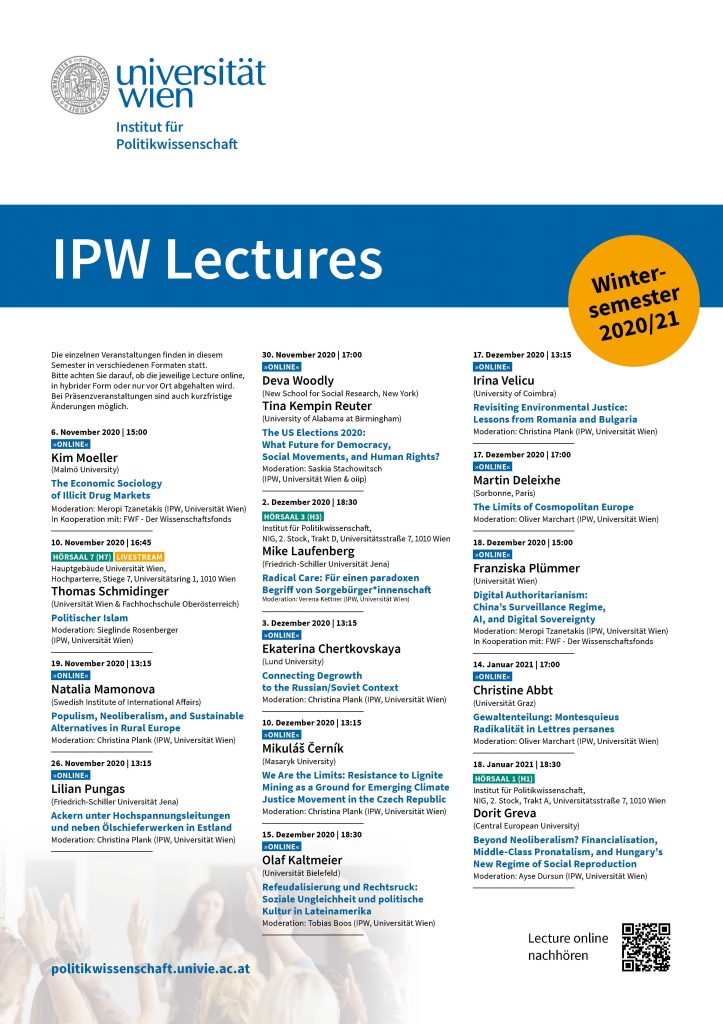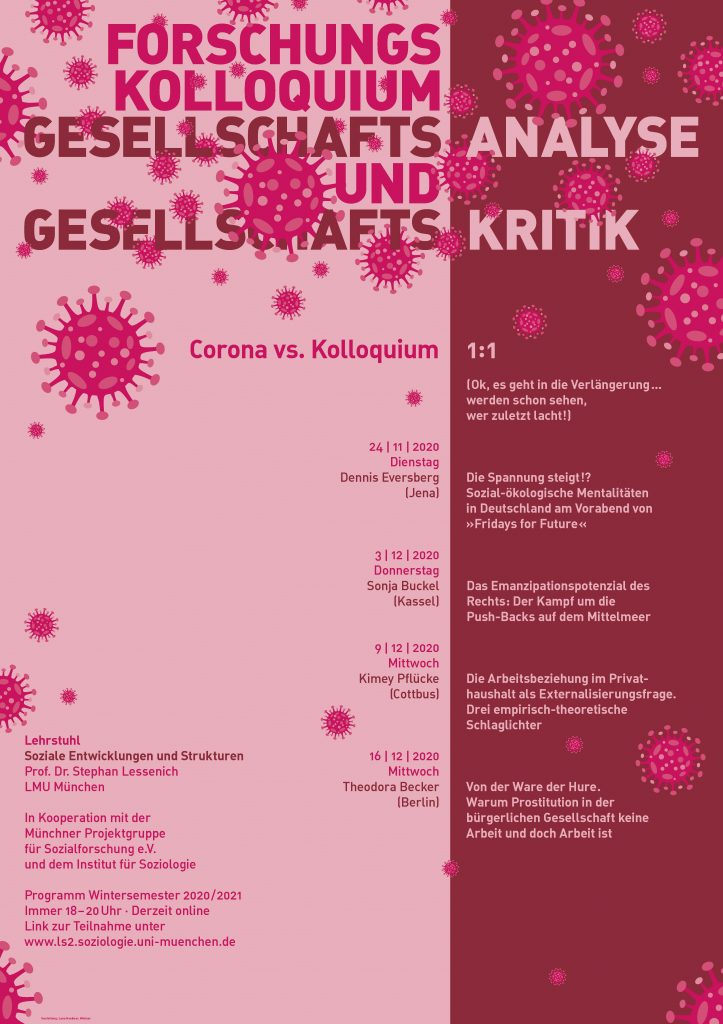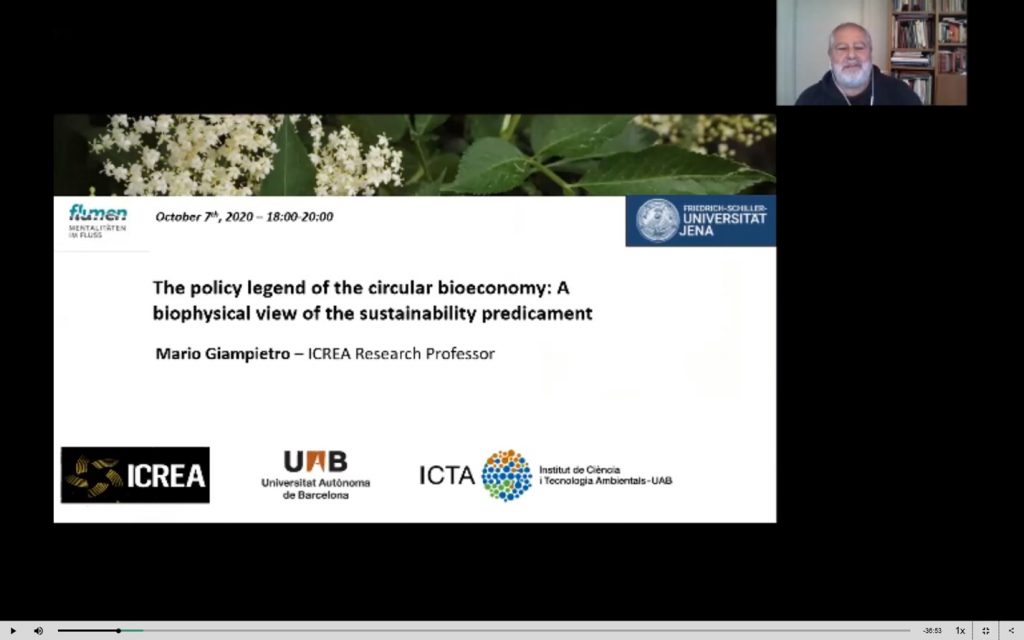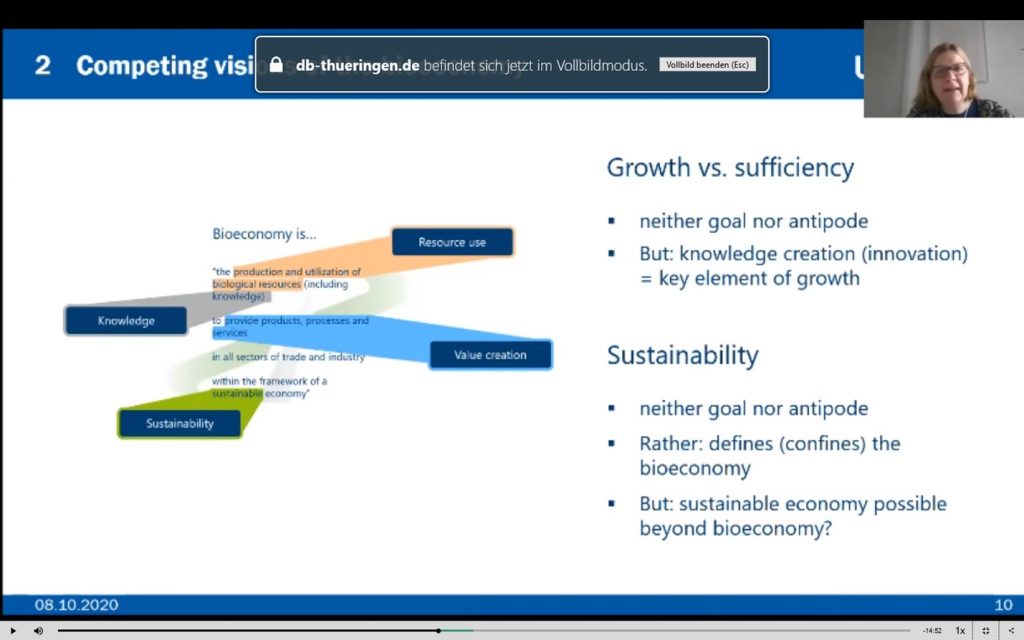The report, presentations and video-contributions of the interdisciplinary workshop held on 7 and 8 October 2020 – read and watch them here.
Lilian Pungas: Online Contribution to Oil Shale and Dacha-Gardening in Estonia on 26 November 2020
“Eco-sufficient activities under high-voltage lines and alongside of oil shale mines in Estonia”
Our research colleague Lilian Pungas speaks about oil shale extraction and dacha-gardening in Eastern Estonia.
When? Thursday, 26 November 2020, 1.15 pm.
Moderation: Christina Plank (IPW | Universität Wien)
Where? Online https://moodle.univie.ac.at/mod/bigbluebuttonbn/guestlink.php?gid=4tQAeJni7Cfa
Abstract:
Estonia is the only member state within the EU, that is for decades consistently mining out oil shale and, thereby, has one of the highest per capita carbon footprint in Europe. Oil shale – for Estonia that means security of supply and a reduction of risks resulting from a dependency on the big neighbour Russia. Paradoxically, oil shale is extracted in Eastern Estonia, where the majority of the Russian-speaking population lives. This group was already in the 1990s disproportionatly suffering from unemployment and poverty. Now, they fear the closing of some mines because of rising carbon-pricing.
In the 1990s, the Russian-speaking population faced their existential fears by cultivating their own food in the so-called ‘dachas’. Till this day, dachas play an enormously important role and illustrates an example, how one can live sustainable and eco-suffiently despite of the manifold contradicitions in the region.
In interviews with the local population additional topics were touched upon: the impacts of the Corona-pandemic on the activities in the dachas, gender issues in the gardening, human-nature relations as well as alienation and eudaimonia.
The contribution of Lilian Pungas is part of the IPW Lectures, an international lecture series by the Department of Political Science, University of Vienna.

Dennis Eversberg at the research colloquium of Prof. Lessenich (LMU München) on 24 November 2020
“Tension is mounting!? Social-ecological mentalities in Germany on the eve of »Fridays for Future«“ – with this title of his contribution, Dennis Eversberg takes part in the Research Colloquium on Social Analysis and Social Criticism at the Ludwig.Maximilians-Universität Munich.
For some time, the climate seems to be heating up not only biophysically but also socio-politically the athmosphere is getting tense. While some poeple demonstrate on the streets, in the forests and in coal mines in order to demand a fast move from fossilism to global justice, other people discovered the denial of the anthropogenic climate crisis and the resistance to the energy transition as a political field of mobiling for authoritarian-nationalist ideologies. Is the socio-ecological conflict in Germany polarising? Based on a secondary analysis of the survey “Environmental Consciousness in Germany 2018”, the lecture maps the “landscape” of social-ecological mentalities in this country shortly before the recent upswing of the climate movement and analyzes the dynamics of the conflict within the population at that time.
When? 24 November 2020, 6-8 pm.
Where? online via zoom
The research colloquium is organised by Prof. Dr. Stephan Lessenich (Chair of Social Developments and Structures) in cooperation with the Munich Institute for Social and Sustainability Research as well as the Institute for Sociology. Lehrstuhl Soziale Entwicklungen und Strukturen, LMU München) in Kooperation mit der Münchner Projektgruppe für Sozialforschung e.V. und dem Institut für Soziologie.

Online now: Video-Contributions of Prof. Mario Giampietro and Prof. Daniela Thrän to Bioeconomy, Growth and Sustainibility
Two highlights of our workshop “It’s the Bioeconomy, stupid! The future of growth and the promise of the bioeconomy” held on the 7th and 8th of October 2020 were the contributions of Mario Giampietro (Universitat Autònoma de Barcelona) and Daniela Thrän (Helmholtz Center for Environmental Research GmbH, 2012 to 2019 member of the German Bioeconomy Council). More information on the workshop (programme and other contributions)
The videos of their contributions are available clicking the links in the titles:

Mario Giampietro, ICREA Research Professor, Institute of Environmental Science and Technology (ICTA) at the Universitat Autònoma de Barcelona: “The policy legend of the circular bioeconomy: A biophysical view of the sustainability predicament”, online lecture, October 7th, 2020. Moderation: Anne Tittor

Daniela Thrän, UFZ Helmholtz Centre for Environmental Research Leipzig, 2012-2019 member of the German Bioeconomy Council: “Bioeconomy’s Contribution to Economic Growth”, online keynote speech, October 8th, 2020. Moderation: Dennis Eversberg.
The two speakers took opposing positions:
As the title suggests, Mario Giampietro was skeptical of the idea of a circular economy as an essential element of a sustainable bioeconomy. From a bio-physical perspective, he analyzed the inputs and outputs in a bioeconomy that – as an energy and material processing system – is embedded in natural processes. To his opinion, a complete circular economy is not possible. A bioeconomy also requires a lot of energy (which today is mostly obtained from fossil resources) and there are always waste products that cannot be reprocessed. Furthermore, to operate the global economy with biomass, the available land on earth is far from sufficient. Conflicts over land are inevitable and have been carried out with violence for a long time in South America, for example. His lecture made it clear once again that technology, including biotechnology, cannot solve environmental problems if questions of social injustice and the unequal distribution of power are not asked at the same time.
Daniela Thrän, on the other hand, took a cautiously optimistic perspective. In her contribution, she outlined the achievements already accomplished (e.g. genome editing) and the potential for increasing productivity (more food from the same country) that improved biotechnology enables. In addition, she emphasized that in the German public and the bioeconomy debate, the topic of sustainability plays a much bigger role today than it did a few years ago. For example, the effects of steadily increasing production are also being critically discussed in the Bioeconomy Council. Her contribution stimulated a discussion about the benefits of technological gains in efficiency, if they were repeatedly “eaten up” by rebound effects and ultimately led to higher raw material and energy consumption. As Daniela Thrän explained, the problem of rebound effects in biotechnologically oriented research is considered to be the biggest question yet to be solved. However, it has not yet been part of concrete political measures. Also because many political measures relating to the bioeconomy are controversially discussed, Daniela Thrän advocates the support and processing of these negotiation processes through social science research.

